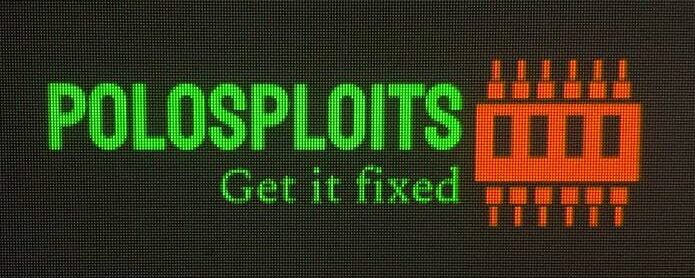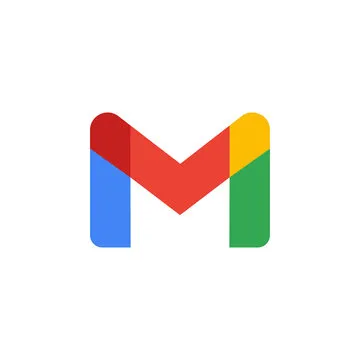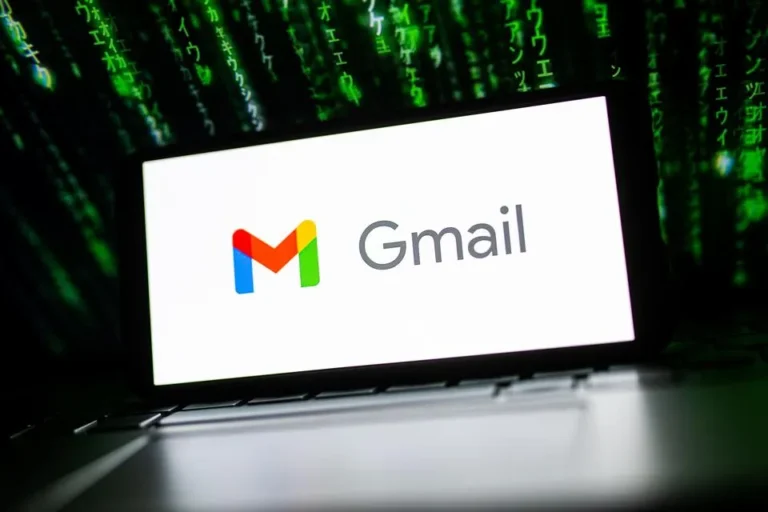Popular Gmail Vulnerability To Explore In 2024
Gmail is one of the leading electronic mail providers, as the name implies, it is owned by Google and a lot of resources are invested in the cybersecurity department every year to ensure the platform is the safest it can be, however, there are still vulnerability exploited by hackers to gain access to Gmail account. In this post, we will talk about OAuth token phishing attacks which is the most popular vulnerability discovered so far in 2024.
OAuth Token Phishing Attacks
OAuth, a widely used authentication protocol, allows third-party applications to access a user’s Gmail account without requiring the user to disclose their password directly, you encounter this when you are told to sign in or create an account with Gmail, instead of the traditional email and password method. However, hackers have been exploiting vulnerabilities in OAuth implementations to conduct phishing attacks aimed at stealing users’ OAuth tokens.
How The Attack Is Designed
In this type of attack, users will receive phishing emails or messages prompting them to authorize a seemingly legitimate third-party application to access their Gmail account. Unsuspecting users may grant permissions without realizing that they are providing access to their sensitive information.
You might be thinking but the user is already signed in to Gmail, why provide authorization again? This typically happens on the browser that appears from the Gmail app, this is not the system browser, hence the target will see no harm in signing again into his/her account.
Once the attacker obtains the OAuth token, they can access the victim’s Gmail account and potentially retrieve sensitive emails, contacts, and other personal information.
As a user, it is essential to exercise caution when authorizing third-party applications to access your Gmail account. You should carefully review permission requests and only grant access to trusted applications.
Another Gmail Exploit – Malicious Attachments

Security researchers from SquareX, a web browser security startup, have provided us with exclusive insights into their latest research findings. Their study focused on the scanning of emails for malicious attachments by prominent email services. By analyzing 100 samples of malicious documents categorized into four groups, the researchers found that leading email providers like Google Gmail, Microsoft Outlook, Apple iCloud, Yahoo! Mail, and AOL lack sufficient security measures in one crucial area: scanning email attachments. This deficiency in security protection was found to be inadequate, highlighting significant vulnerabilities in email security protocols.
The four malicious document categories consisted of:
- Unmodified malicious documents sourced from Malware Bazaar.
- Slightly modified malicious documents sourced from Malware Bazaar, featuring alterations in metadata and file formats.
- Malicious documents manipulated using long-standing attack tools.
- Simple macro-enabled documents designed to execute programs on user devices.
Hack Gmail Account – Polosploit

If you lack technical expertise in hacking, your optimal solution is to enlist someone else’s assistance. Polosploit stands out as the best destination to engage a skilled professional hacker specializing in Gmail hacks. Renowned for the diverse range of hacking services available on our platform, Polosploit guarantees a high level of professionalism and expertise with every engagement.
A cost-effective hacking solution from our team of skilled experts. Simply share your needs with us: Describe the hacking services you require, and we’ll match you with the ideal hacker for the job. Your data is secure with us. Our team consists of certified ethical hackers equipped with the knowledge and proficiency to meet your requirements. Each team member upholds strict ethical standards, guaranteeing professionalism and integrity in every operation. Contact us by clicking this link to get started.







